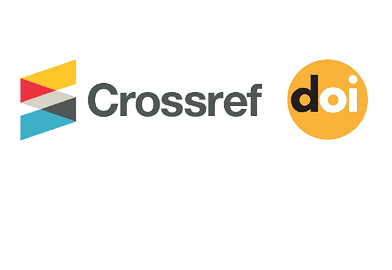Impact of Perceived Job Insecurity on Intolerance of Uncertainty among Private School Teachers during COVID-19: Moderating Role of Ethical Leadership
DOI:
https://doi.org/10.52461/pjap.v2i2.919Abstract
During the COVID-19 pandemic, containment measures were ensured to avoid the wide spread of this infectious diseases which created a sense of uncertainty and job insecurity. This study was designed to investigate the effect of perceived job insecurity on intolerance of uncertainty among private school teachers. Further, this study is also aimed at assessing the moderating role of ethical leadership. The data were collected online through google forms and a sample of 253 private school teachers from province Punjab participated in this research. The sample size was justified through online statistical calculator for multiple hierarchical regression (Soper, 2021). The intolerance of uncertainty was measured by Intolerance of Uncertainty Scale-12 (IUS-12) by Khawaja, & Yu (2010) whereas for job insecurity, Perception of job insecurity scale (PJIS) by Elst et al., (2014) was used and ethical leadership was measured through ten items ethical leadership scale by Brown et al., (2005). The data were analyzed through SPSS (24.0). The findings showed that perceived job insecurity significantly impact on intolerance of uncertainty among private school teachers. However, ethical leadership significantly moderates the effect of intolerance of uncertainty on perceived job insecurity.
Downloads
Published
How to Cite
Issue
Section
License
Copyright (c) 2023 Saleha Iqbal, Mazlina Che Mustapa, Sarwat Sultan

This work is licensed under a Creative Commons Attribution-NonCommercial 4.0 International License.
All the articles editorially accepted for publication by the Pakistan Journal of Applied Psychology (PJAP) are licensed under the Creative Commons Attribution-NonCommercial 4.0 International (CC BY-NC 4.0) Submitting a manuscript to PJAP, the author has to certify that he/ she is authorized by other contributors (s) and co-author (s) to enter the publication process.




